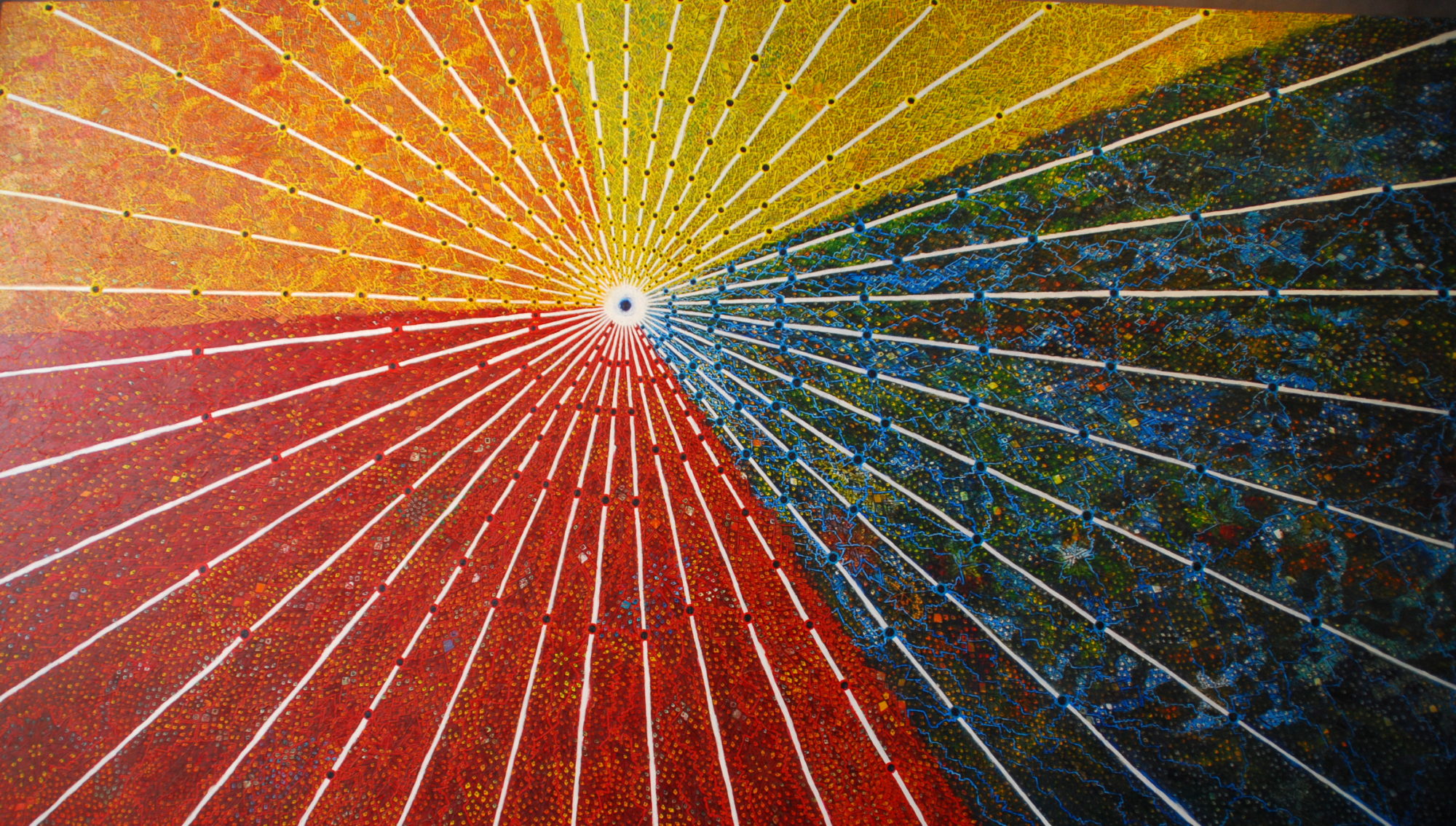Back in the day when I had more tapes than CDs and had no idea what an MP3 was, my brother had in his music collection a tape of the Tibetan Freedom Concert. I can’t recall a single song on the tape, but I’m sure it must have had on it what we considered good music. I’m pretty certain we didn’t buy it out of altruism or a burning desire to help Tibet, because I’ll go ahead and be frank here and say that I’m pretty sure I didn’t have the first clue what the deal with Tibet was, why it needed to be freed, or who it needed to be freed from. I can say with near certainty that though I knew it was in Asia, I couldn’t have picked it out on an unlabeled map. Tibet meant nothing to me.
Fortunately, I got a bit more worldly as I got older. I came to understand that the Himalayan nation of Tibet had been claimed by China, and that the Dalai Lama had been forced out of the once-country, now-territory over which he had presided, and that Tibetan Buddhism was under attack. In the past few years, I have read reports of a high-speed train China built to Tibet, its unexpressed purpose being to move majority Chinese into Tibet, turning the native people into a minority. Yet not until I arrived in the northwest Indian city of Dharamshala did I realize the full extent of the situation.
Dharamshala is the home of the Tibetan government in exile. It is where the Dalai Lama lives as well as thousands of Tibetan refugees. Though in India, Dharmshala hardly feels Indian, with the majority of restaurants serving Tibetan food, Buddhism prevailing over the usually dominant Hinduism, and men and women all dressed in traditional Tibetan clothes. It has been this way for 50 years now, since 1959. Entire generations of Tibetans have been born in India. But almost all, even those who have never stepped foot in Tibet, want to go home. Unfortunately, they don’t believe they can. In fact, many of them risked life and limb to make it to India. (Literally, as many people lost feet, hands, and even entire extremities to frostbite while hiking over the Himalayan Mountains. Others lost their lives.)
What China has done to Tibet is appalling. During the cultural revolution, they destroyed nearly every temple and every cultural site in Tibet. Those that remained, they have converted into army barracks or even toilets. They forced the Dalai Lama into exile after taking over the government, claiming as they did so that they were freeing the people from his oppression. They then demanded that monks and nuns desecrate sacred documents and withdraw allegiance from His Holiness. Those who refused were taken into custody, tortured, jailed, made to do forced labor, and sometimes killed.
And it hasn’t stopped. Brave men and women still step out in protest against the Chinese, and nearly always end up jailed or dead. Tibetan school children must attend Chinese schools and study only in Chinese, forbidden to learn their own language, culture, or history. The child identified as the reincarnation of one of the previous Dalai Lamas was kidnapped along with his family and has been held at an unknown location, despite demands from the international community for his release, for going on two decades now. This means that when the current Dalai Lama passes away the chain of succession could be destroyed and Tibetan Buddhism upended. And finally, the Chinese make continuous protests to India about the freedom the Dalai Lama is given to move as he pleases (they believe he should not be allowed out of Dharamshala). They have gone so far as to refuse to attend international conferences when some of the participants have had recent meetings with the Dalai Lama. Why they find this man, who preaches nothing but messages of peace and universal understand, so damn threatening, I don’t think I’ll ever understand.
I’m sure there’s more to the story than this. I’m no expert on Tibet, on China, on the Dalai Lama. I know there’s always a flip side. But regardless of what the other side may say, I strongly believe that there can be no justification for violence, for murder, for brutality, for the destruction of culture and heritage, for the oppression of religion, for the denial of sovereignty, for the stealing of freedom.
Tibet deserves to be free. Unfortunately, a couple of concerts and a few tapes wasn’t enough to convince China to grant Tibet its freedom. What will convince them, I’m not sure. But I’m hopeful that if I return to Dharamshala in another fifty years, I won’t find banners thanking India for 100 years of providing amnesty to Tibetans. I hope by then they’ll all be back home. Dharamshala might not be better for it, but the world will be.

